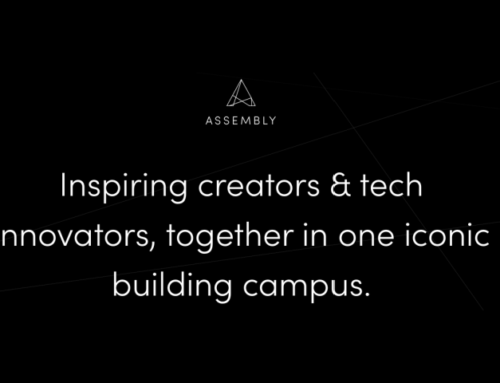From Inside Business By SANDRA J. PENNECKE

Blade Taylor, founder and chief executive officer of 3DXtremes, has never geared his business to print toys and trinkets. He’s more interested in serious product development and part fabrication.
Now, the 23 year old, who started his company in his dorm room at Old Dominion University his freshman year, is hard at work on a prototype for a protective face mask to help with the ongoing battle against the coronavirus.
“We’re in conversation with Sentara to start designing and producing custom face masks that will use other filter methods that are still available to be purchased,” Taylor said.
Dr. Alan Wagner, a vitreoretinal surgeon and ocular oncologist, said he was asked by Dr. Jordan Asher, senior vice president and chief physician executive for Sentara Healthcare, to find creative, out-of-the-box solutions to the supply chain challenges.
“I give Jordan great credit,” Wagner said. “He was looking way over the horizon compared to most and was trying to source gowns, masks, face shields and beds weeks and weeks and weeks ago, and was finding the supply chain was not going to be able to handle the load before most people realized it.”
Wagner was led to Taylor and 3DXtremes by his wife, Jody, founder of Jody’s Popcorn, who had seen the fellow small-business owner in action.
Taylor said his company is working to create a design, build a prototype, validate its functionality, clear the required testing and ramp up production.
“We’re aiming to start producing anywhere between 50 to 60 masks a day that are reusable and can be disinfected easily with filters that can be swapped out,” he said of the N95 equivalent masks that will be made from a bio- and eco-friendly plastic with some medical grade silicone.
Taylor said Asher looked at the original digital design, and provided feedback on potential tweaks to make the mask more comfortable and more effective.
“We need something quick, but we also need to make sure we’ve done our due diligence,” Taylor said as he and his team work to refine the prototype.
“This is proof positive that to solve complex problems it takes a team,” Wagner said.
Taylor said he is making the masks to accommodate filters of different types, including the N95 mask, also called a respirator. The N95 mask has a filtration system that filters 95% of air particles down to a certain micron size and offers protection against virus and bacteria.
If N95 filters are not available, other filters can be used that offer some protection.
The newest version of the mask will seal fully around the face with a skin-safe silicone, so that it acts more like an N95 mask as far as the fit and seal.
“Comfort is a huge concern … so our new mask design will allow for a more comfortable experience when wearing the masks for a long period of time,” he said.
Taylor said the mask design will be available for others with 3D print capability to make and donate, too.
“This is not a ‘just us’ endeavor, we’re leading this endeavor with Sentara as far as designing it, prototyping the design and being the main producer,” he said.
Taylor, a 2018 Old Dominion University alum, said there has been a big push in the 3D community around the world to use 3D printing to produce parts on a larger scale without the need of running big, expensive machinery.
“Rather than needing one company to produce 10,000 parts, you’ve got 10,000 people producing one part,” Taylor said. “You’re still pulling off what you wanted to in terms of creating supply for the demand that exists.”
3DXtremes is also printing a face shield designed elsewhere and currently under production by a host of companies and private individuals for different hospitals and organizations.
“It’s a very pressing matter,” Taylor said. “If you could hear the urgency in the voices of those we’ve talked to…They’ve stated it to me as if they’re seeing the tsunami coming and people are still out on the beach.”
During “normal” times, Taylor runs his print farm – with 40 3D printers and a variety of other machines – in a 2,000-square-foot space in Percolator, a co-working facility in downtown Norfolk.
The company turns concepts into products for private investors and companies via 3D printing, modeling, urethane casting and injection molding.
Some of the companies Taylor works with have temporarily closed their doors and put things on hold due to the coronavirus pandemic, but Taylor has adjusted.
The digital-based company was able to quickly restructure, turn to remote work, maintain its productivity and not interrupt its workflow.
“This is going to help save lives, tens of thousands of lives and keep people still seeing patients,” Wagner said.
“We’re up for the battle and we’re ready for the job,” Taylor said.
Sandra J. Pennecke, 757-222-5356, sandra.pennecke@insidebiz.com






